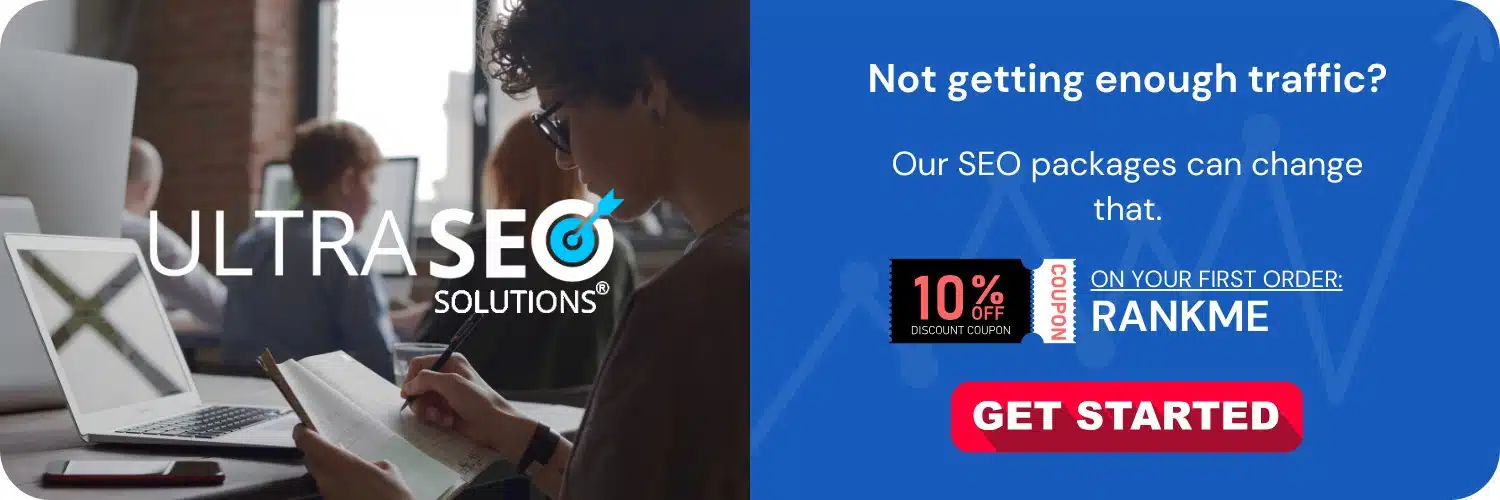
Optimizing your website for Google’s next-generation search involves staying ahead of current trends and anticipating future developments in search technology. Key strategies include enhancing user experience, improving page speed, focusing on mobile optimization, implementing structured data, investing in high-quality content, and understanding the potential impact of advancements like artificial intelligence and machine learning on search. Let’s dive deeper into how you can optimize your site to thrive in the evolving search landscape.
Understanding User Intent and Experience
Google’s search algorithms are increasingly sophisticated in understanding and catering to user intent. When a user types a query into Google, the search engine aims to deliver the most relevant results that match the searcher’s intent—be it informational, navigational, transactional, or commercial.
User-Centric Content
To tap into user intent, ensure your content addresses the needs and questions of your audience. This means creating in-depth content that provides real value, not just targeting specific keywords. Use natural language and semantic variations, and focus on topics rather than just keywords, to align with Google’s intent-based search.
Enhanced User Experience (UX)
A seamless user experience is paramount. This encompasses website design, easy navigation, and the absence of intrusive pop-ups or ads. A clean, intuitive layout helps users—and Google’s bots—find information quickly and efficiently.
Core Web Vitals
Google’s Core Web Vitals are a set of metrics related to speed, responsiveness, and visual stability, used to measure user experience on the web. Ensure that your site meets these standards for a better chance at ranking well.
Speed Is More Important Than Ever
Page Speed Optimization
The loading speed of your website can make or break its performance in search results. Google has made it clear that fast-loading sites provide a better experience and therefore are favored in search rankings.
Optimizing images, leveraging browser caching, minimizing code, and utilizing content delivery networks (CDNs) can improve load times. Tools like Google PageSpeed Insights can help identify areas for improvement and track your progress.
Web Hosting Considerations
Your choice of web hosting can affect page speed. A reliable host that can handle your traffic and provide quick server response times is critical. Consider investing in better hosting if speed is an issue.
Mobile Optimization Is Non-Negotiable
Responsive Web Design
With mobile devices accounting for over half of web traffic worldwide, a mobile-friendly website is essential. Responsive design ensures your site looks and performs well across all devices, a factor Google considers when determining rankings.
Mobile-First Indexing
Google predominantly uses the mobile version of the content for indexing and ranking. Ensure that your mobile site contains the same high-quality, comprehensive content as your desktop version.
Leveraging Structured Data
Structured data is a standardized format for providing information about a page and classifying the page content. Using schema markup can help search engines understand the context of your content and enhance your search presence with rich snippets and other search features, making your listings more attractive and potentially improving click-through rates.
Applying Schema Markup
Implement appropriate schema types for your content, such as articles, products, events, and FAQs. Google’s Structured Data Testing Tool can validate your markup and ensure it’s correctly implemented.
High-Quality Content Reigns Supreme
Consistently high-quality, engaging, and original content is fundamental. Content should serve a purpose and answer user questions comprehensively. Establish authority, trustworthiness, and expertise in your content to align with Google’s E-A-T guidelines (Expertise, Authoritativeness, Trustworthiness).
Evergreen Content
Focus on creating evergreen content that remains relevant over time, reducing the need for frequent updates, and providing lasting value to users and consistent traffic to your site.
Visuals and Multimedia
Incorporating relevant images, videos, infographics, and other multimedia can enhance user experience, increase engagement, and signal quality to search engines.
Embracing AI and Machine Learning
Artificial intelligence (AI) and machine learning (ML) are at the forefront of the next generation of search. Google’s use of AI in its algorithm, such as with the RankBrain system, helps better understand and process search queries.
Optimizing for AI
Stay informed about AI developments in search technology. AI can analyze user behavior patterns and personalize search results, so consider how your content can cater to these personalized experiences.
Adapting to BERT and Beyond
Google’s BERT algorithm (Bidirectional Encoder Representations from Transformers) uses natural language processing (NLP) to better understand the nuances and context of words in search queries. Ensure your content is written in a natural, conversational tone to align with NLP advancements.
Preparing for Voice Search and Other Innovations
Voice Search Optimization
With the rise of voice assistants and smart speakers, optimizing for voice search is becoming crucial. Use long-tail keywords in a conversational tone, structure content with questions and answers, and ensure your site is featured snippet-friendly.
Staying Agile
Innovations like visual search, augmented reality (AR), and virtual reality (VR) could also affect the future of search. While it’s not necessary to jump on every trend, be prepared to adapt to new opportunities that align with your business goals and search strategy.
Finishing Thoughts
Optimizing your website for Google’s next-generation search is an ongoing process that requires attention to many moving parts: user experience, page speed, mobile optimization, structured data, high-quality content, and emerging technologies like AI and voice search. By focusing on providing value to users, staying informed about the latest developments, and being willing to adapt to changes, you’ll be well on your way to future-proofing your site for whatever the next generation of search has in store. Keep testing, measuring, and refining your strategies to maintain your competitive edge in the world of SEO.“`html
Frequently Asked Questions
What is Google’s Next-Gen Search?
Google’s Next-Gen Search refers to the latest updates and algorithms that Google is deploying to make its search engine more intelligent and user-focused. This might include enhancements in natural language processing, machine learning, and better understanding of user intent to provide more relevant search results.
How can I ensure my website is mobile-friendly for Google’s Next-Gen Search?
To make sure your website is mobile-friendly, implement responsive design so that your site scales smoothly across various devices, improve loading times, and use large fonts and buttons to enhance mobile usability. Also, test your site with Google’s Mobile-Friendly Test tool for specific recommendations.
Why is page speed important for Google’s Next-Gen Search, and how can I improve it?
Page speed is a ranking factor because it affects user experience. To improve page speed, optimize image sizes, use content delivery networks (CDN), minify CSS, JavaScript, and HTML, leverage browser caching, and consider using accelerated mobile pages (AMP).
What role does content quality play in Google’s Next-Gen Search optimization?
High-quality content is crucial as Google’s algorithms are prioritizing content that provides real value to users. Ensure your content is well-researched, relevant, and engaging, and update it regularly. Avoid keyword stuffing and focus on aligning your content with search intent.
How do I target the right keywords for Google’s Next-Gen Search?
To target the right keywords, conduct thorough keyword research considering user intent, search volume, and competition. Opt for long-tail keywords that match specific queries and use them naturally in your content. Tools like Google Keyword Planner can help you identify appropriate keywords.
Can structured data help with Next-Gen Search optimization, and if so, how?
Yes, structured data helps search engines better understand the content of your website and improves the chances of your site appearing in rich snippets and other search features. Use schema markup to provide explicit clues about the meaning of a page.
How important is it to secure my site with HTTPS for Next-Gen Search optimization?
Securing your site with HTTPS is very important as Google uses it as a positive ranking signal. HTTPS ensures secure data transfer between your website and your users, which is critical for user trust and confidence.
What is the significance of user experience (UX) in Google’s Next-Gen Search optimization?
User experience (UX) is significant because a positive UX leads to higher user engagement and satisfaction, which are factors Google considers when ranking sites. Ensure your website is intuitive, easy to navigate, and provides value to users to improve UX.
Should I be concerned about voice search optimization for Next-Gen Search?
Yes, with the rise of voice-activated devices, optimizing for voice search is becoming increasingly important. Focus on conversational keywords, FAQs, and featured snippets to improve your site’s visibility for voice searches.
How can I measure the success of my Next-Gen Search optimization efforts?
Measure the success of your optimization efforts by tracking metrics such as organic traffic, click-through rate (CTR), bounce rate, conversion rate, keyword rankings, and page speed. Tools like Google Analytics and Google Search Console can provide you with the necessary insights.
“`






